| Supporting Establishment of a Professional Development System in Civil Service of Georgia |
United Nations Development Program (UNDP) Governance Reform Fund (GRF) with funds of UK aid from the UK Government |
2018 |
$35,600 |

Project Title: Supporting Establishment of a Professional Development System in Civil Service of Georgia
Donor Organization: United Nations Development Program (UNDP) Governance Reform Fund (GRF) with funds of UK aid from the UK Government
Project Number: 0095872
Grant Amount: $35,600
Project Duration: 23 May, 2018 – January 31, 2019
Situation Analysis, Project Aim and Description:
Professional development of civil servants is one of the key priority areas of the Civil Service Reform Concept, which creates an obligation for the state to create an effective system for professional development. However, development and launch of this system requires certain prerequisites that need to be in place.
In addition to the Civil Service Reform Concept, Article 54 of the Law on Civil Service states that professional development standards and rules for determining professional development needs of a civil servant should be adopted through the Decree of the Government. The Civil Service Bureau drafted the Decree; however, it has not yet been publicly discussed nor formally adopted. Additionally, UNDP engaged an expert, which has developed a report containing analysis and recommendations on the professional development system.
In order to successfully reform the professional development system, it is crucial to examine capacity of public training centers and what role they can play in the new framework.
There are 12 public training centers operating independently or under the auspices of various ministries. These training centers offer a wide range of training modules/programs that are either general or tailored to specific ad hoc needs of its supervising ministry. Since no in-depth assessment of these training centers has been conducted, it is impossible to establish whether these programs/modules follow uniform standards and whether they take into account varying needs of civil servants. It has also not been established if these training modules are accessible only for civil servants or other public employees such as the contractual staff.
The main objectives of the project are:
- In order to support the establishment of a professional development system of civil servants, conduct a comprehensive analysis of existing practices, capacities and expertise of and gaps of public training centers;
- Examine the role, resources and capacity of private training providers as potential stakeholders in of the professional development system of civil servants;
- Facilitate involvement of civil society, academia and other potential stakeholders in the establishment of policies on professional development of civil servants.
Activity Timeline:
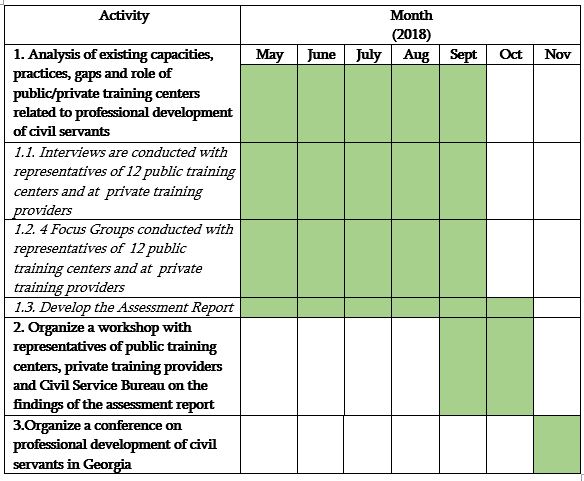
Project Budget

/public/upload/IDFI_2019/reports/par_audit_report_eng.pdf
Grant agreement
|
The main aim of the project is to support the establishment of a professional development system in civil service of Georgia.
View more →
|
| Supporting Development of E-Trancparency and E-Participation in the Municipalities of the Imereti Region |
Open Society Georgia Foundation (OSGF) |
2018 |
$13,640 |

Project Title: Supporting Development of E-Trancparency and E-Participation in the Municipalities of the Imereti Region
Donor Organization: Open Society Georgia Foundation (OSGF)
Project Number: LDD/08/18-20784
Grant Amount: $13,640
Project Duration: 18 April, 2018 – 18 September, 2018
Project Aim and Description:
In order to enable citizens to utilize their rights laid down by the Local Self-Government Code, the project aims to improve transparency and citizen participation mechanisms in the municipalities of Georgia.
To achieve the above-mentioned aim, IDFI will develop and install modern and dynamic municipal webpages, will develop capacity of webpage administrators employed in municipal public institutions and will increase public awareness about the new webpages. In total, IDFI will develop 7 websites for the municipalities of Bagdati, Terjola, Zestaponi, Tkibuli, Samtredia, Chiatura and Mestia.
New webpages developed by IDFI will be identical to the websites developed and installed within the scope of projects implemented earlier. The websites will be equipped with various modules that support greater transparency and citizen participation. New websites will be equipped with electronic petitions, questionnaires, budget planning tool, online forms for requesting public information, official document database etc.
Activity Plan
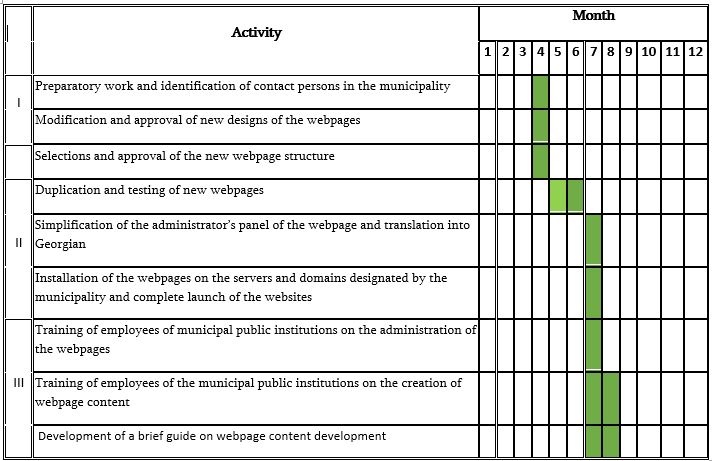
Budget

Grant agreement
|
Project aims to improve transparency and citizen participation mechanisms in the municipalities of Georgia.
View more →
|
| Promoting Prosecutorial Independence through Monitoring and Engagement (PrIME) |
European Union |
2018-2020 |
€333,321.64 |

Project Title: Promoting Prosecutorial Independence through Monitoring and Engagement (PrIME)
Funded by: European Union
Implemented by: Institute for Development of Freedom of Information (IDFI) in cooperation with the Caucasus Research Resource Centers (CRRC) and Studio Monitor
Project Number: ENI/2018/396-009
Total Budget: EUR 333,321.64; European Union: EUR 299,989.48; Partners Match: EUR 33, 332.16
Duration: 14 March, 2018 – 14 May, 2020
Promoting Prosecutorial Independence through Monitoring and Engagement (PrIME) is the European Union funded initiative implemented by the Institute for Development of Freedom of Information (IDFI) in cooperation with the Caucasus Research Resource Center (CRRC) Georgia and the Studio Monitor.
PrIME aims to support the increase of an external and internal independence of the Prosecution Service of Georgia for ensuring impartiality and fairness in the Georgian prosecution and investigation systems.
Specific Objectives of the action are twofold:
1. Increase the accountability of Prosecution Service of Georgia (internal independence) to ensure they meet the Strategy of the Prosecution Service of Georgia, international and EU standards;
2. Empower information exchange between institutions: Government of Georgia (GoG), civil society organizations (CSOs), media as well as general public so that the public is knowledgeable and aware about issues of the ongoing major reforms in Prosecution Service of Georgia.
The Action assumes a comprehensive approach, as part of which IDFI and its partners will work in four main directions: monitoring, media investigation, capacity building, and outreach and awareness.
Entire Monitoring process from the baseline survey to policy recommendations, will be aimed at increasing the accountability of PSG, and involving and informing the public about ongoing processes in the PSG, with the ultimate goal of slowly changing the culture of reforming the law enforcement system and implementing various policies without the involvement of and dialogue with the public.
Involvement of media in monitoring the implementation of Strategy and Action Plan of the PSG will be crucial for engaging the public. Investigative videos focused on high profile cases will provide clear and objective coverage of the case flow, thus informing the public and engaging the law enforcement system to work objectively and be accountable to the public. The public attention generated after publishing these videos will put pressure on specific cases and reduce possible external (political or other) influence on the process of investigation and litigation. To keep the discussion alive, the videos will be followed by focus group meetings once a year, summing up the cases presented in the investigative videos and similar high profile cases left investigated.
The content of outreach and awareness activities will majorly consist of data and challenge analysis of the monitoring and media investigation activities. Awareness will be raised in two main directions: the project and its component, and ongoing reforms and the role of PSG in a democratic society.
Capacity building for prosecutors and investigators is directly linked to the overall objective of the project. Major focus will be placed on hate crime and VAW, since crimes committed with the discriminatory motive are highly sensitive in Georgia and represent a huge problem. A study visit in one of the successful countries in tackling those crimes will be valuable for prosecutors and uninvestigated.
With the goal to improve the national capacities for better protection of human rights in Georgia, the PrIME Project aims at following results:
- More accountability of the PSG to the general public in light of monitoring reports of the Strategy of PSG, monitoring of high profile cases and expert discussions of the PSG’s actions;
- Raised interest and awareness among the general public and media about the PSG and the issues that necessitate reform;
- Increased ability of prosecutors to conduct prosecutions of hate crimes and cases of violence against women and apply precise qualifications of these crimes when relevant;
- Opened channels of dialogue between PSG and CSOs to encourage open discussion of challenges within the institution.
Planned Activities
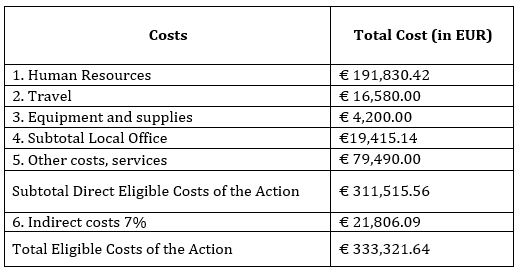
Contract
Grant agreement
|
PrIME aims to support the increase of an external and internal independence of the Prosecution Service of Georgia for ensuring impartiality and fairness in the Georgian prosecution and investigation systems.
View more →
|
| Facilitating Implementation of Reforms in the Judiciary |
European Union |
2018-2020 |
€45,900 |
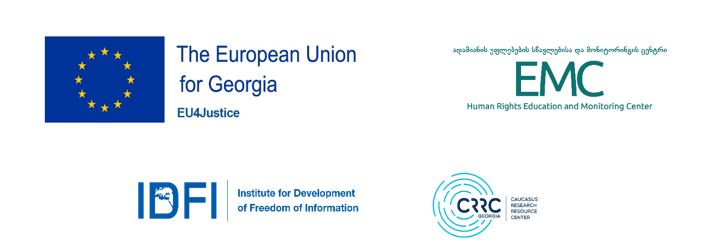
Project Title: Facilitating Implementation of Reforms in the Judiciary (FAIR)
Funded by: European Union
Implemented by: Human Rights Education and Monitoring Center (EMC) in cooperation with the Institute for Development of Freedom of Information (IDFI) and Caucasus Research Resource Centers (CRRC)
Project Number: ENI/2018/395-919
Total Budget: EUR 267,780; IDFI - EUR 45,900
Duration: May, 2018 - 2020
The project is to support real reforms of the judicial system through monitoring, evidence-based advocacy, strengthening of individual judges and promotion of dialogue with them. The project also aims to increase the involvement of community groups in the reforms process of the judiciary through awareness raising and mobilization.
The following activities are planned within the framework of the project:
- Monitoring of the implementation of thenew electronic system of case allocationand the operation of Independent Inspector’s office and preparation of periodic monitoring reports;
- Monitoring of the implementation of judicial strategy and action plan, and other related policy documents and preparation of shadow reports;
- Qualitative research on the role of a judge with the participation of professional groups, including judges;
- Public opinion survey on the judicial reforms, achievements, and challenges;
- Monitoring the media coverage of major events in the judiciary;
- Working meetings with judges with the participation of international and local experts;
- Workshop on the ways of overcoming gender barriers in the courts system;
- Announcement of the scholarship programs for academia, activists and lawyers to prepare thematic blogs, articles and essays;
- Publication of the online journals on the justice system and its presentation in Tbilisi and the regions;
- Workshop for students, activists and interested groups on the following issues: drug policy, public protests, urban issues, equality issues and the role of the justice system.
Grant agreement
|
The main objective of the project is to support real reforms of the judicial system through monitoring, evidence-based advocacy, strengthening of individual judges and promotion of dialogue with them.
View more →
|
| Analyzing Judges' Professional Education System in Georgia |
East West Management Institute (EWMI) |
2018 |
$40,515 |

Project Title: Analyzing Judges' Professional Education System in Georgia
Donor Organization: East West Management Institute (EWMI)/Promoting Rule of Law in Georgia (PROLoG)
Partner Organization: International Society for Fair Elections and Democracy (ISFED)
Project Number: G-1503-18-211-3024-20
Project Budget: 40,515 USD
Project Duration: 15 February, 2018 – 15 November, 2018
This project aims to critically analyze procedural and institutional guarantees of High School of Justice of Georgia (HSOJ) and initial stages of judicial education system to reveal main existing challenges for proper functioning of the HSOJ and draw relevant conclusions and recommendations based on thorough research and analysis.
Project Activities:
- Comprehensive analysis of the current legislation and identifying gaps;
- Comprehensive analysis of curricula of HSOJ;
- Assessment of HSOJ’s training system, compulsory internships, and their relevance;
- Presentation of the project findings, recommendations and relevant advocacy.
Grant agreement
|
This project aims to critically analyze procedural and institutional guarantees of High School of Justice of Georgia (HSOJ) and initial stages of judicial education system to reveal main existing challenges for proper functioning of the HSOJ and draw relevant conclusions and recommendations based on thorough research and analysis.
View more →
|
| Facilitate the Landing of 2030 Agenda for Sustainable Development at the National Level |
UNDP – Governance Reform Fund (GRF) through Swedish International Development Agency (SIDA) |
2017-2018 |
$82,440 |

Project Title: Facilitate the Landing of 2030 Agenda for Sustainable Development at the National Level
Donor Organization: United Nations Development Program (UNDP) – Governance Reform Fund (GRF) through SIDA – Swedish International Development Agency
Project Number: 0097412
Grant Amount: $82,440
Project Duration: 25 December 2017 – 25 September 2018
Problem Statement
The Government of Georgia (GoG) offered high-level political support to prioritize SDGs on a national level. In 2017, The Administration of Government of Georgia (AoG) as SDGs coordinating body, institutionalized the SDG Council along with its four Working Groups (WGs)on Social Inclusion, Economic Development, Democratic Governance and Sustainable Energy & Environment Protection.
In addition to the coordination mechanisms, AoG together with the Institute for Development of Freedom of Information (IDFI) and a legal entity of public law, Data Exchange Agency (DEA) under the Ministry of Justice, continue to develop theElectronic Management System (EMS) platform to effectively monitor the implementation of SDGs in Georgia. Once the EMS is tested and launched in the beginning of 2018, all involved government institutions shall be trained in its effective use.
Now that the SDG coordination mechanism is set through the relevant Council, the GoG intends to strengthen the Council’s capacity and make the body a functional tool for coordination and oversight. For this purpose, the AoG is committed to ensuring that SDG Council meetings occur on a regular basis. While the Council oversees policy decisions, its WGs will target specific thematic areas and will be charged with coordinating the work of various bodies, compiling content and data from relevant institutions, and incorporating the SDG targets into existing or prospective National Strategies and Action Plans.
AoG and other responsible government institutions lack the capacity to generate and analyze relevant data for the implementation of SDGs. Starting from next year, the production of monitoring reports will call for the Council and its WGs to assume a key role in data collection and analysis. This will necessitate expert involvement in each of the WGs to ensure that WGs are adequately equipped to carry out effective data collection and analysis. In addition, one of the key functions of the WGs will be to integrate SDG targets into all existing and prospective national policy documents. It will be necessary for WGs to consult expert advice to ensure accuracy throughout the target integration process, which will create a strong basis for the future alignment of SDG targets into national policies.
Despite the comprehensive awareness raising campaign conducted within the previous project – “Support to the Implementation of UN Sustainable Development Goals in Georgia” the lack of meaningful involvementin the SDGs implementation process among Civil Society Organizations (CSOs), the private sector and academia remains a persistent challenge. A more targeted awareness-raising approach is important at this stage to encourage greater contributions from the aforementioned groups.
Project Objectives
The objective of the sub-project is to strengthen the data collection and coordination, capacities of leading national SDG mechanisms (the SDG Council Secretariat, the Council itself and the Council’s WGs.), along with the capacity development of civil servants to effectively monitor SDG implementation and apply newly-acquired skills in the development of the first progress report on SDGs implementation in Georgia.The project also aims to increase awareness on SDGs.
To meet with the objectives of the project the national data and policy experts will be engaged in the process. Data experts will strengthen the WGs on data collection standards, while policy expert will work on incorporation of SDGs targets into national policy documents.
In the framework of awareness raising campaign thematic discussions with the CSOs, meetings with the representatives of private sector and academia will be conducted.
Project Goals
- Strengthen data collection and coordination practices of leading national SDG mechanisms through facilitated institutional capacity development;
- Increase public awareness and facilitate knowledge-sharing regarding global, regional and national developments on SDGs and their implementation, with a special focus on CSOs, private sector and academia;
- Enhance the monitoring capacities of civil servants in terms of measuring the effectiveness of SDG implementation and supporting the development of the first SDG progress report.
Expected Results
- Improved data collection standards for the Council, WGs and AoG;
- Strengthened Monitoring and Evaluation capacity of civil servants involved in the SDGs implementation process, through the effective application of the EMS;
- SDG targets linked with national strategy documents;
- Elaborated and disseminated first progress report on the implementation of SDGs;
- Increased engagement of CSOs, academia and private sector in SDGs implementation and monitoring.
Planned Activities
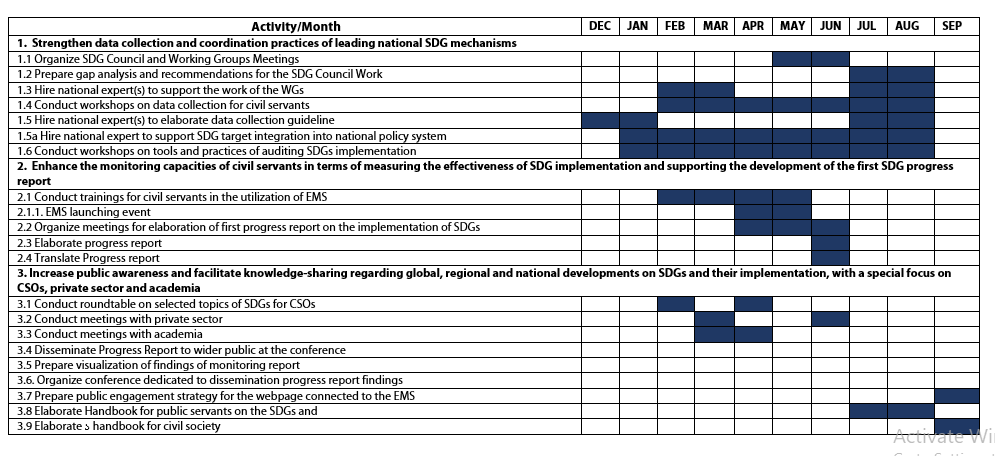
Budget
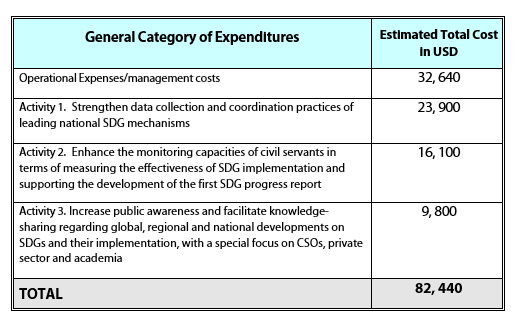
/public/upload/IDFI_Photos_2018/general/Audit_Report_UNDP_SDG_2.pdf
Grant agreement
|
The objective of the sub-project is to strengthen the data collection and coordination, capacities of leading national SDG mechanisms, along with the capacity development of civil servants to effectively monitor SDG implementation and apply newly-acquired skills in the development of the first progress report on SDGs implementation in Georgia.
View more →
|
| Enhancing Openness of State Archives in Former Soviet Republics |
Open Society Institute Budapest Foundation (OSI) |
2017-2018 |
$84,155.5 |
Name of Grant Activity: Enhancing Openness of State Archives in Former Soviet Republics
Donor Organization: Open Society Institute Budapest Foundation (OSI)
Grant Recipient: Institute for Development of Freedom of Information
Total Grant Amount: 84,155.5 USD
Project Number: OR2017-34436
Period of Performance: November 1, 2017 – October 31, 2018
Background
Access to the Soviet archives and archival documents remains contentious topic among many post-Soviet countries. The transition to democracy and rethinking of Soviet past proceeded with different pace and path in former Soviet republics. These differences determined the state policies toward archives. In many countries, documents of Soviet era remain classified, and archives are not accessible to scholars and historians. Others opened up only partially.
During the 70 years of the Soviet rule, history was used as an ideological weapon devoid of any real facts, truths and full with falsifications, misinterpretations, and communist postulates. The only space where communists were truthful and honest was “Secret” and “Top Secret” documents that Soviet bureaucrats circulated among top level of government and ruling elite.
The correct and precise examination of the Soviet past o is cornerstone of proper rethinking of the Soviet past. The newly published archival documents will help to improve historiography, shape the collective memory of the nation, and counter myths and lies perpetuated by many neo-Stalinists and the contemporary Kremlin propaganda. It is impossible to have a valid written history of 20th century of any Soviet country without studying the archives.
Project Description
The overarching goal of the project is to ensure openness of Soviet archives in the post-Soviet space. This goal is to be attained by several objectives and activities. Firstly, a network of scholars and NGOs working on issues of Soviet archive openness will be created during the conference planned within the framework of the project. Additionally, a thorough study on the issues of post-Soviet space in terms of archive openness will be conducted to have clear vision on how and where to advocate for more openness.
As a result of the project, a single standard of openness of archives will be promoted in post-Soviet space covering not only access to archives, but the format in which the data will be available. Hence, digital format of the archival documents will be promoted and enhanced. Additionally, a network of scholars will be established to improve the practice of exchanging archival materials among countries. Collective cross-country scholarly work on openness of archives, as well as archival findings will be stimulated. Establishment of connections between the archives of post-Soviet States will accelerate the research cooperation and transfer of needed documentation. Network established in the framework of the organized conference will work further on advocacy, and sharing experience on legal and practical aspects of access to archives, also initiating joint research projects on Soviet Studies among the participant countries.
Objectives
- Create a network of scholars/NGOs in post-Soviet space working on the issues of Soviet Archive openness
- Promote openness of archives in the post-Soviet space
Activities
- Reach out to potential partners in post-soviet space: Ukraine, Belarus, Moldova, Central Asian states, Armenia, Azerbaijan, Russian Federation.
- Organize a conference in Tbilisi on openness of archives in participant states, international best practice in terms of archive accessibility, inter-agency cooperation and scholars as mediators between state entities.
- Create a study on soviet archive openness in post-soviet states.
- Create a website for publishing studies on archival openness in post-Soviet space.
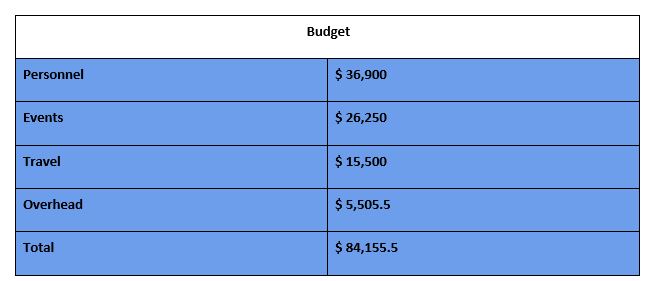
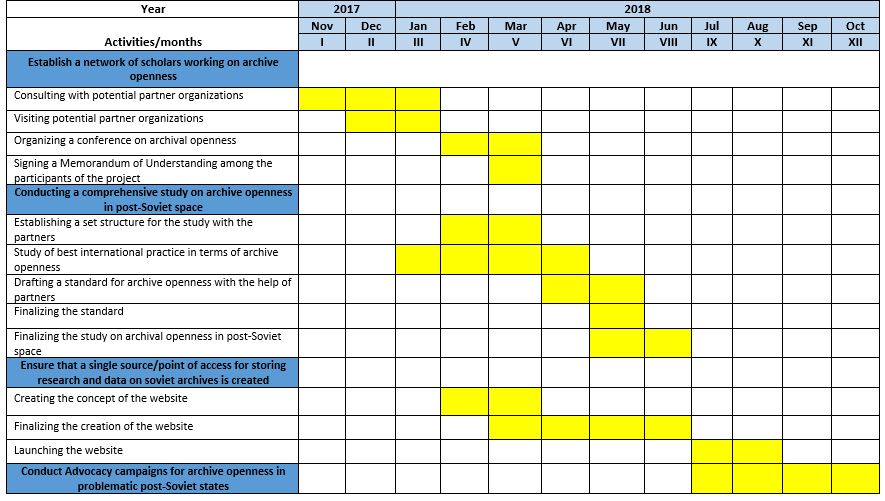
Grant agreement
|
The overarching goal of the project is to ensure openness of Soviet archives in the post-Soviet space.
View more →
|
| Transparent Public Procurement Rating – Assessing Public Procurement Legislation and the Enforcement Process in the Eurasian Region and Beyond |
Open Society Institute Budapest Foundation (OSI) |
2017-2019 |
$155,292 |

Name of Grant Activity: Transparent Public Procurement Rating – Assessing Public Procurement Legislation and the Enforcement Process in the Eurasian Region and Beyond
Donor Organization: Open Society Institute Budapest Foundation (OSI)
Grant Recipient: Institute for Development of Freedom of Information
Total Grant Amount: 155, 292 USD
Project Number: OR2017-34436
Period of Performance: November 1, 2017 – May 31, 2019
Background
Public procurement is considered to be one of the key areas susceptible to corruption, especially in the economies of developing countries with widespread corruption. Public procurement accounts for around one-fifth of global gross domestic product. In most high-income economies the purchase of goods and services accounts for a third of total public spending, thus public procurement can become a significant area for corruption, collusion and other illegal practices. Without transparent public procurement systems, which are based on electronic means, are efficient, operate on API and open data, corruption may stay undetected from government authorities, as well as watchdog organizations or procurement enthusiasts. In this regard, collaboration between government authorities and civil society is crucial for efficient functioning of public procurement systems.
For this reason, in 2016, IDFI elaborated a common standard (methodology) for assessing the legislative framework of public procurement in 6 pilot countries: Armenia, Azerbaijan, Belarus, Georgia, Moldova and Ukraine. The result was a ranking of public procurement legislations based on benchmark characteristics that any well-functioning public procurement system must have: transparency, efficiency, accountability and integrity, uniformity of the legislative framework, competitiveness and impartiality. The methodology was then used to assess the implementation of PPLs of each participant country for the purpose of identifying the gaps that come with putting the legislation into practice, and elaborating specific recommendations to remedy them.
Project Description
The project aims to build on the experience of the project – “Transparent Public Procurement Rating (TPPR) – Assessing Public Procurement Legislation and the Enforcement Process in the Eurasian Region” and expand the (TPPR) and its common standard for assessing the legislative framework of public procurement beyond the Eastern Partnership Countries, in Central Asian States (Kazakhstan, Kyrgyzstan), Visegrad Countries (Czech Republic, Hungary, Poland and Slovakia), Albania and Mongolia.
The TPPR project is a good example of how CSO collaboration can produce a unique product, with which it is possible to rank countries according to PPLs and create ground for improvement based on research and exchange of information. As a result of CSO collaboration in 6 Eastern Partnership countries, a standardized methodology was created that provides possibility to assess, compare and rank PPLs in different countries. The methodology was piloted in Belarus, Ukraine, Moldova, Georgia, Armenia and Azerbaijan.
The above mentioned regions for expanding the project were chosen in order to ensure that TPPR will cover diverse public procurement systems with different origins and realities. Central Asian states, Visegrad and Balkan countries have different political systems, which affect their public procurement systems.
In addition to expanding to 8 more countries, the project will have a greater emphasis on advocating for policy and practical changes based on the results of assessing public procurement legislations and their implementation. The project will also involve creating a standardized questionnaire for assessing the implementation of the legislation in order to make country comparison more viable.
Objectives
- Expanding the Transparent Public Procurement Rating (TPPR) Network (PPL Assessments, PPL Implementation Assessments)
- Creating a Set Questionnaire for Assessing the Implementation of the PPLs in Participant Countries
- Expanding the CSO Network in Target Countries
- Conducting targeted advocacy campaigns to reach out to relevant stakeholders involving public officials, businesses, media, civil society and communities


Grant agreement
|
The project aims to build on the experience of the project – “Transparent Public Procurement Rating (TPPR) – Assessing Public Procurement Legislation and the Enforcement Process in the Eurasian Region” and expand the (TPPR) and its common standard for assessing the legislative framework of public procurement beyond the Eastern Partnership Countries, in Central Asian States (Kazakhstan, Kyrgyzstan), Visegrad Countries (Czech Republic, Hungary, Poland and Slovakia), Albania and Mongolia.
View more →
|
| Combating Clientelism in Local Investments and Financial Transfers |
Open Society Initiative for Europe through Expert Forum Association |
2017-2019 |
$8,360 |

Project Title: Combating Clientelism in Local Investments and Financial Transfers (CC-LIFT)
Donor Organization: The Open Society Initiative for Europe through Expert Forum Association (EFOR)
Grant Amount: USD 8,360
Project Duration: November 2017 – February 2019
Objectives and Goals
CC-LIFT contributes to the development of watchdog mechanisms in Romania, Moldova and Georgia regarding the clientelistic allocation of funds towards the local communities. The project aims to improve the effectiveness, transparency and accountability of governance by enabling local civil society organizations to oversee the budgetary development procedures and participate in debates on resource allocations by facilitating the policy dialogue between the authorities and CSOs.
The general objective of the project is to contribute to improving the effectiveness, transparency and accountability in budgeting and procurement in Romania, Moldova and Georgia. The specific objective of the project is to enable civil society to oversee budget, participate in public finance policy formulation and implementation by facilitating the policy dialogue between the authorities and public & civil society.
Through the project, local CSOs from the three countries will develop tools and share best practices to oversee public budgets and the intergovernmental fiscal transfers, as well as budgetary allocations and procurement for local investments. The local stakeholders, assisted by the project partners, will participate in public finance policy formulation and implementation by facilitating the policy dialogue between the authorities and local civil society. All these will be achieved by:
1. Translating in simple, visual instruments the key data on public budget transfers and thus provide more transparency on the local budgeting process.
2. Advocating with local and central decision-makers for better budgetary allocations in critical moments (before budget approvals or amendments).
3. Empowering (developing the capacity of) a network of local activists and journalists in 15 municipalities (6 in Romania, 6 in Moldova and 3 in Georgia) to undertake watchdog activities on public budgets and procurement processes.
Activities
A1. Preliminary Research
A2. Data Collection and Analysis of 3 Target Municipalities
A3. Identifying Local Activists in 3 Municipalities
A4. Organizing Three Training Sessions for the Local Activists
A5. Organizing Public Debates on National and Local Budgets
A6. Monitoring the Government’s Budget Allocations to Communities
A7. Map of Clientelism and Press Conferences
A8. Developing an Analysis Methodology for Public Procurement
A9. Preparing and Publishing Periodic Newsletters
Expected Outcomes - the project will deliver:
- A set of visual tools to clarify key budget data, which can be later updated yearly. These will be disseminated through a series of public events and media / social media.
- A methodology for monitoring and advocacy for budgetary transparency and implementation of criteria-based allocations to local governments, monitored from above (central budget) and from below (in 15 selected communities).
- A community of local citizens-activists and journalists, trained in budgeting and procurement, and who will also get in contact with a regional network of projects and best-practices of civic monitoring of public budgets and fighting clientelism in New Member States.
- Pressure from below in all three countries for making the allocation and use of public resources more transparent, rule-based and less clientelistic.
- Pressure from above, through possible benchmarking in the future among the countries in the project (Romania, Moldova, Georgia) and other countries in the EU or EaP.
Activity Plan

Budget

Contract
Grant agreement
|
The main objective of the project is to contribute to improving the effectiveness, transparency and accountability in budgeting and procurement in Romania, Moldova and Georgia.
View more →
|
| Digital Literacy and Internet Freedoms in Georgia |
The American Bar Association (through its Fund for Justice and Education supported by the U.S. State Department Bureau of Democracy, Human Rights and Labor) |
2017 |
$7,999 |
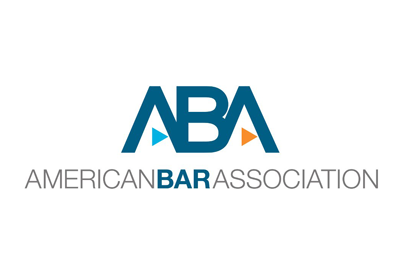
Project Title: Digital Literacy and Internet Freedoms in Georgia
Project Funded: The American Bar Association (through its Fund for Justice and Education supported by the U.S. State Department Bureau of Democracy, Human Rights and Labor)
Sub-award Number: S-LMAQM-16-GR-1095
Project Budget: USD 7,999
Project Duration: September 1, 2017 – January 31, 2018
Project Goals and Objectives
The general goal of the project is to strengthen Internet freedoms and digital literacy in Georgia.
To this end, the major objectives of the project are:
- Fostering multi-stakeholder dialogue and discussion on issues of Internet freedoms in Georgia.
- Enhancing digital literacy in Georgian through raising public awareness about the ways and tools for online security.
- Communicating the proposed legislative changes to different stakeholders.
Beneficiaries
The primary beneficiaries are Internet users, civil society and public institutions. Media and the private sector will also benefit from the project.
Project activities:
1. Participate in IGF panel about Internet freedoms
In order to foster multi-stakeholder dialogue and discussion on issues of Internet freedoms in Georgia, the project team will use the local Internet Governance Forum that is planned to be held in September, 2017.
2. Prepare guidebooks
Another important activity of the project is to prepare practical, informative, interactive and comprehensive guidebooks about Internet freedoms and tools for digital security.
3. Prepare quizzes
In order to further increase outreach of the project and its products, two quizzes about digital security tips and opportunities will be prepared and promoted. With the help of these quizzes, Internet users can check their awareness about and use of security tools and mechanisms.
4. Communicate the proposed legislative changes to different stakeholders
In order to advocate the elaborated legislative changes in the Regulation in respect to the Provision of Services and Protection of Consumer Rights in the Sphere of Electronic Communications, the project team will continue communication with all relevant stakeholders.
Activity Plan
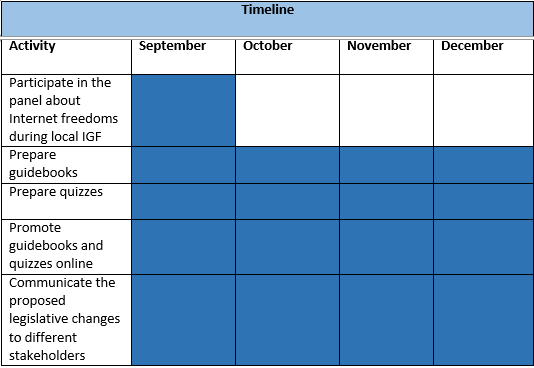
Budget
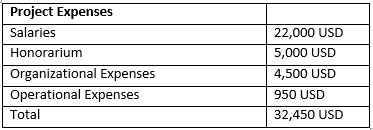
Grant agreement
|
The general goal of the project is to strengthen Internet freedoms and digital literacy in Georgia.
View more →
|
| PTF-IDFI Partnership for improving effectiveness of ADB-CSO engagement in Georgia |
Asian Development Bank (ADB) |
2017-2017 |
$13,500 |

Project Title: PTF-IDFI Partnership for improving effectiveness of ADB-CSO engagement in Georgia
Donor Organization: Project is implemented with the assistance from Partnership for Transparency Fund (PTF) with funds of the Asian Development Bank
Grant Amount: USD 13,500
Project Duration: July 17, 2017 - August 30, 2017
Objectives: The Asian Development Bank is committed to increasing the contribution of civil society organizations to ADB operations by helping CSOs and government agencies to work more effectively together in the design and implementation of ADB-funded projects. Toward that end, the ADB has entered into a Knowledge Partnership Agreement (KPA) with the Partnership for Transparency Fund (PTF) to enhance CSO participation in ADB lending and technical assistance operations and sector and country assistance strategies. The project is being implemented in partnership with IDFI.
IDFI and PTF will be doing fact-finding and analytical work in Georgia to assess:
- Proposed and actual level of CSO collaboration in on-going ADB operations (loans, grants and technical assistance);
- Opportunities to deepen CSO engagement in new operations proposed for the 2017-2019 period;
- Current national environment for CSO engagement and its implications for ADB-CSO engagement.
The field and analytical work will aim to present recommended actions for a two-year capacity building programs for CSOs to engage with project implementing agencies.
Workplan
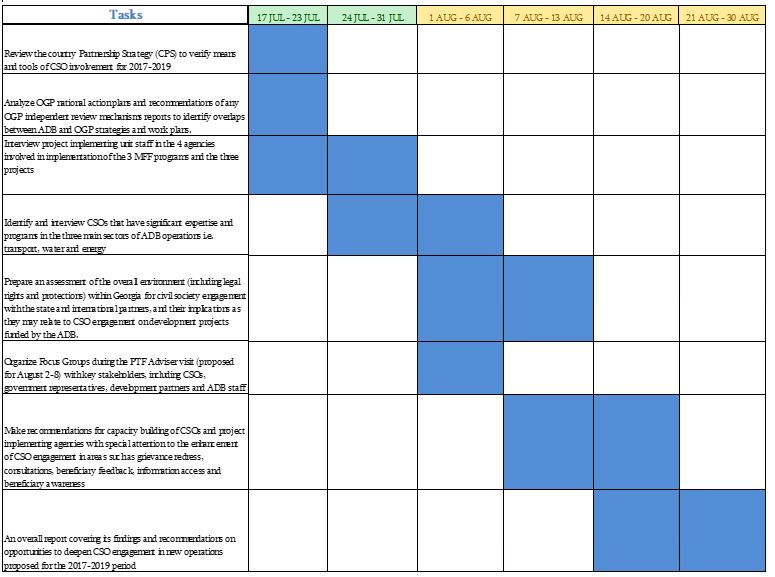
Budget
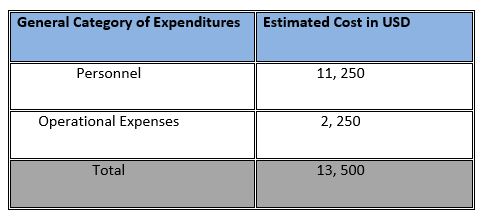
Grant agreement
|
The main aim of this initiative is to evaluate the quality of NGOs’ involvement in the ADG funded projects.
View more →
|
| Problems of a Growing Bureaucracy in the Context of Public Administration Reform |
UNDP Governance Reform Fund (GRF) with funds of UK aid from the UK Government |
2017 |
$10,400 |

Project Title: Problems of a Growing Bureaucracy in the Context of Public Administration Reform
Donor Organization: project is implemented with the assistance from United Nations Development Program (UNDP) Governance Reform Fund (GRF) with funds of UK aid from the UK Government.
Grant Amount: USD 10,400
Project Duration: March 9, 2017 - August 8, 2017
Problem Statement and Project Objective
According to annual budget execution reports prepared by the Georgian government, the number of employees and the amount of administrative expenses in the public sector have been increasing every year.
Considering the slow rate of economic growth in recent years, the topic of growing bureaucracy has attracted increasing interest from the general public as well as the State Audit Office. The problem has been recognized by the government, which has announced its intention to cut bureaucratic costs by 10% in 2017.
The objective of this project is to develop a policy document that will study the state of government bureaucracy and, more specifically, administrative expenses in 2011-2016 for the purpose of identifying existing problems and challenges.
The policy document will then study international best practice and elaborate specific recommendations directed at both central and local governments that will ensure a more rational management of administrative expenses and help establish an effective system of human resources management.
Target Audience
The policy document will be directed at the Government of Georgia and local government bodies.
After identifying major problems and challenges in the management of human resources and administrative expenses, the document will present recommendations to government bodies on what changes would make their systems of recruitment, remuneration and resource management more efficient, rational and transparent.
Work Plan and Timeline
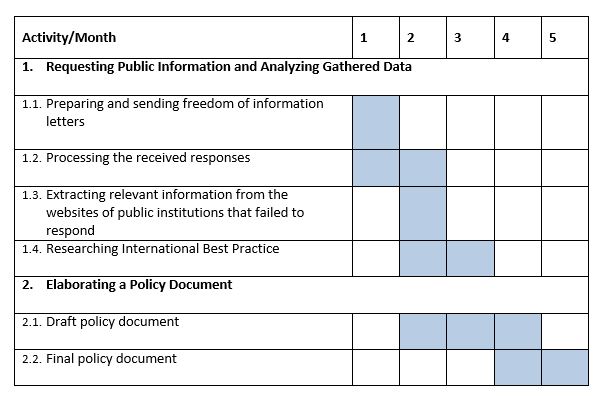
Budget
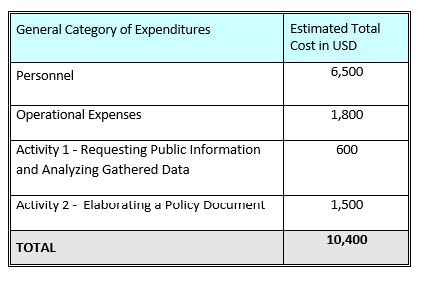
/public/upload/IDFI_Photos_2017/burocracy_in_georgia_2011_2016_policy_document_idfi/Audit_Report.pdf
Grant agreement
|
The objective of this project is to develop a policy document that will study the state of government bureaucracy and, more specifically, administrative expenses in 2011-2016 for the purpose of identifying existing problems and challenges.
View more →
|
| Project to Support the Independence and Transparency of the Constitutional Court |
Open Society – Georgia Foundation |
2017–2018 |
$32,450 |
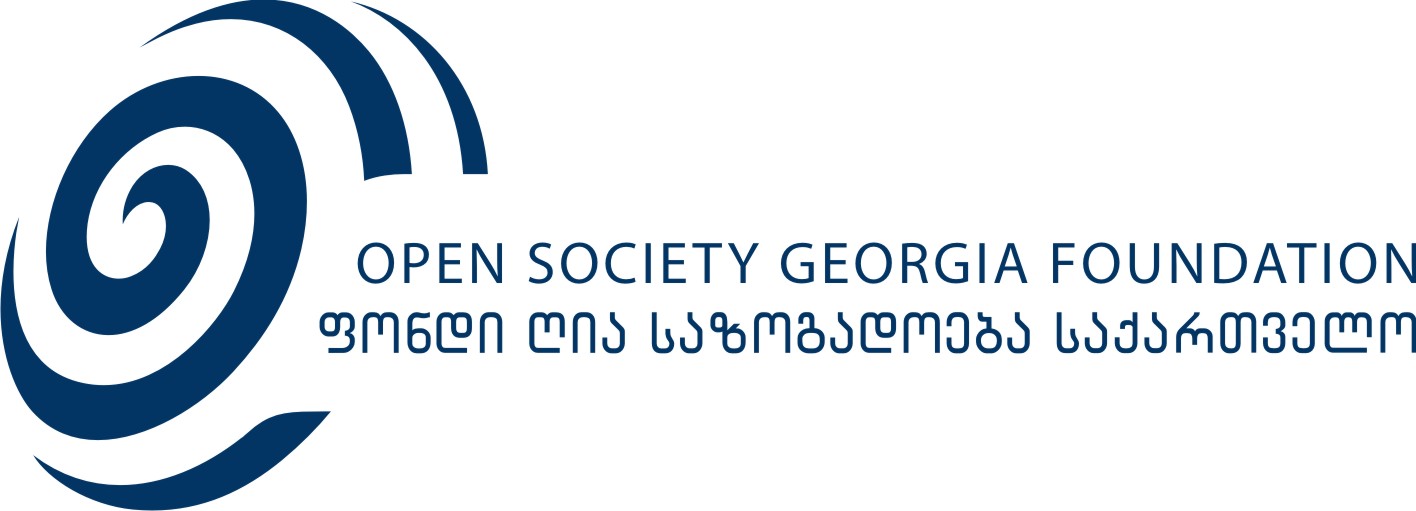
Project Title:Project to Support the Independence and Transparency of the Constitutional Court
Donor Organization: The project is implemented with the financial assistance of Open Society – Georgia Foundation
Project Number: HR/01/17-20482
Project Budget: USD 32,450
Project Duration: March 9, 2017 – March 31, 2018
Project Description and Goals
In recent years, the number of cases in the Constitutional Court with significant public and political interest (the so-called high profile cases) has increased, which sharply increased the level of public interest towards the work of the Constitutional Court as well as political pressure on it. On June 3, 2016, the Georgian Parliament adopted a package of legislative amendments that was negatively regarded by many organizations and challenged inthe Constitutional Court, which declared many of its parts as unconstitutional. The amendments significantly decreased the effectiveness of the Constitutional Court and created the risk of paralyzing it.
The shortcomings and vagueness of the general legislation and internal legal acts regulating the work of the Constitutional Court, coupled with the lack of information about the Court’s activities allowed political actors to politicize constitutional justice.
The goal of the project is to initiate and support a reform of the Constitutional Court, promote the Court’s transparency, effectiveness and independence, evaluate its work and increase public awareness about the Court’s activities.
Target Audience
The draft law elaborated within framework of the project will be sent to the Parliament and the Constitutional Court.
Recommendations developed as a result of the evaluation will be used to improve the work of the Constitutional Court. The results of this research and its recommendations will be made available to professional circles as well as the wider audience.
Activity Plan
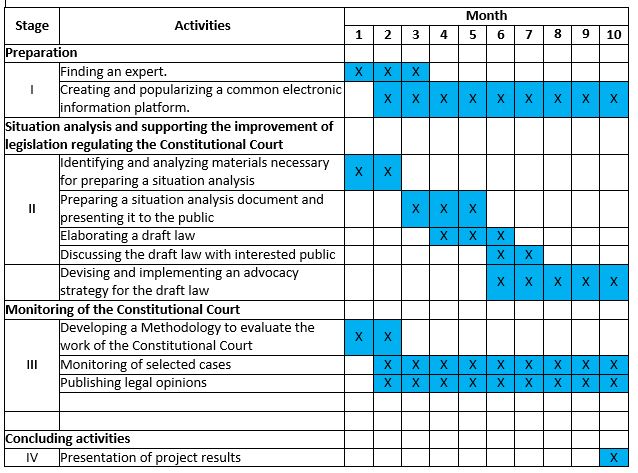
Budget

Grant agreement
|
The goal of the project is to initiate and support a reform of the Constitutional Court, promote the Court’s transparency, effectiveness and independence, evaluate its work and increase public awareness about the Court’s activities.
View more →
|
| Empower Society for Strengthening Good Governance |
International Visegrad Fund, the Ministry of Foreign Affairs of the Kingdom of the Netherlands |
2017 - 2018 |
€49,670 |
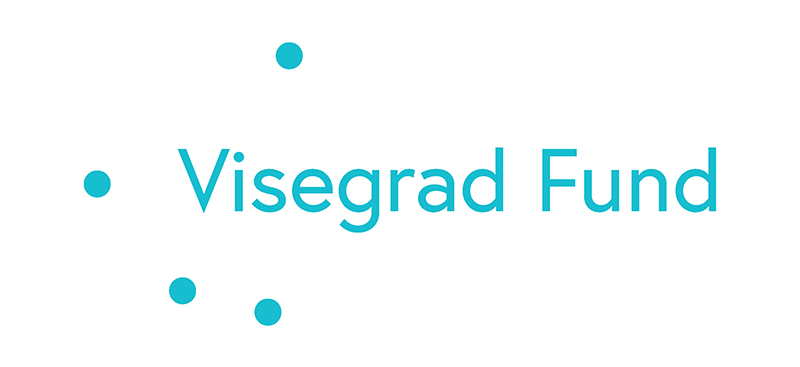 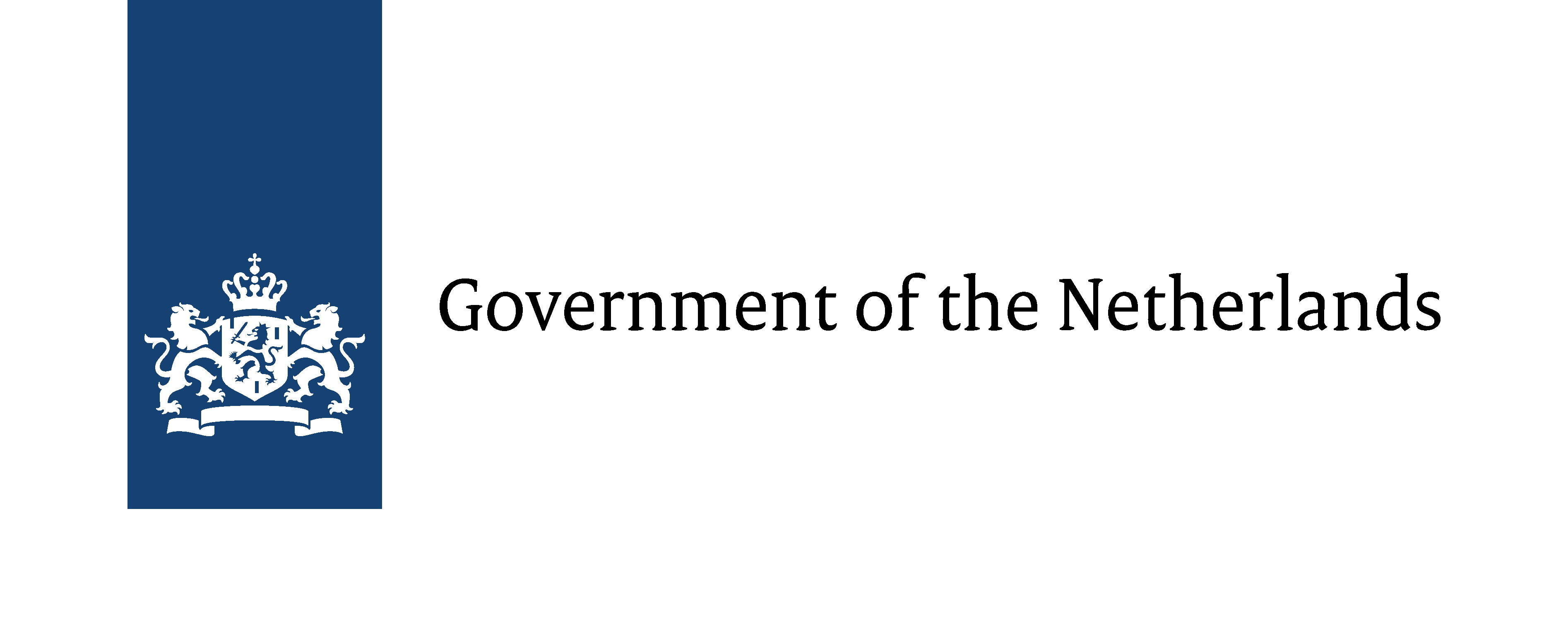
Project Title: Empower Society for Strengthening Good Governance
Project Funded: International Visegrad Fund, the Ministry of Foreign Affairs of the Kingdom of the Netherlands
Grant Number: 21650161
Project Budget: EUR 49,670
Project Duration: March 1, 2017 – May 31, 2018
Partner Organizations: KohoVolit.eu (Czech Republic and Slovakia), K-Monitor Public Benefit Association (Hungary), Stanczyk Institute of Civic Thought Foundation (Poland).
Project relevance/context
Despite some progress over the past few years, standards of good governance, open data and accountability of government still remain a challenge for Georgia. Open data available at government portal - www.data.gov.ge does not match with the actual open data resources available at public institutions. Even the datasets, that are available, are not used sufficiently for mobile applications, public monitoring, data visualizations, creating stories, raising awareness, providing services, etc. Journalists, activists as well as society in general do not have enough skills and knowledge on how to use open data. In addition, in most cases, public information is not provided in machine-readable format and is instead disclosed in paper or scanned form. This limits opportunities for the public to properly perform its watchdog function.
Project objectives
Main project objective
Empower the Georgian public to effectively monitor and control the government as well as increase the level of openness and accountability of the Georgian government.
Specific project objectives
- Encourage use of open data and data visualization for monitoring government activities/spending among activists, journalists through establishment of an interactive platform containing hundreds of datasets.
- Improve cooperation between different groups of Georgian society (journalists, CSO representatives, activists, students, etc.) in their watchdog activities.
- Enhance standards of proactive disclosure of open data in Georgia through sharing the experience and practice of European countries.
Outputs/Deliverables: Products or Events
1. FOI requests and received public data from several Georgian government institutions
2. Establishment of the platform
3. Creating and publishing data sets
4. Consultations with partners from V4 countries on data visualization
8. Video about the platform
9. Data visualizations
10. Preparing publication
11. Presentation of the platform
12. Essay contest
13. Final presentation
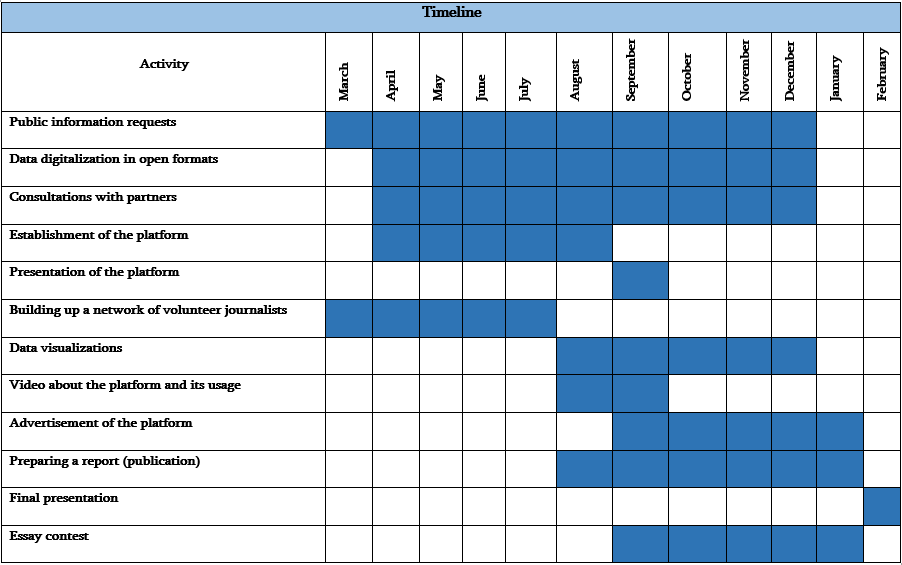
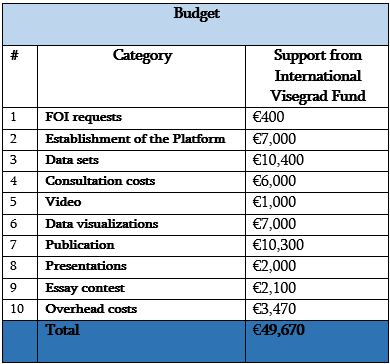
Contract
Grant agreement
|
Main project objective: Empower the Georgian public to effectively monitor and control the government as well as increase the level of openness and accountability of the Georgian government.
View more →
|
| Improving Legal Safeguards for Internet Freedoms in Georgia |
The American Bar Association (through its Fund for Justice and Education supported by the U.S. State Department Bureau of Democracy, Human Rights and Labor) |
2017 |
$11,649 |

Project Title: Improving Legal Safeguards for Internet Freedoms in Georgia
Project Funded: The American Bar Association (through its Fund for Justice and Education supported by the U.S. State Department Bureau of Democracy, Human Rights and Labor)
Sub-award Number: S-LMAQM-16-GR-1095
Project Budget: USD 11,649
Project Duration: March 1, 2017 – July 31, 2017
Project Goals and Objectives
The general goal of the project is to ensure and strengthen safeguards and Internet freedoms on the legislative level in Georgia.
To this end, the major objectives of the project are:
- Encourage public discussions on issues of blocking, filtering and take-down of online content in Georgian society;
- Foster multi-stakeholder dialogue on issues of blocking, filtering and take-down of online content in Georgia;
- Identify major challenges and problems relevant for Georgia in the sphere of restrictions of the Internet;
- Study international practice and international standards in terms of Internet freedom and share the aspects relevant for Georgia’s challenges;
- Propose draft laws on Internet freedoms, including legal restrictions of online content.
Beneficiaries
The primary beneficiaries are civil society, media, and private sector and government institutions as well as the general public. The project team plans to organize workshops (at least 3 workshops) with the participation of the following stakeholders:
- Government institutions
- Media and CSO representatives, members of academia
- Representatives of private sector, including Internet service providers
Project activities:
1) Workshops
In order to achieve the stated goals and objectives, the project team plans to encourage public discussions on issues of blocking, filtering and removal of illegal content in Georgia. For this purpose, at least three workshops will be organized with the participation of various stakeholders (media, NGOs, government, private sector and academia representatives).
The major objectives of these events will be: on the one hand, to show the importance and relevance of the project topic for Georgia, and on the other hand, to take their positions into account before the initiation of a draft law. In general, these workshops will foster multi-stakeholder dialogue, which could lead to the elaboration of proper legislative proposals reflecting the interests of a wide segment of society.
2) Study and a draft law
Another important activity of the project is to prepare a comprehensive legal and practical analysis of the Internet regulation in Georgia and international standards in this regard. The main focus will be on issues of filtering, blocking and takedown of illegal content, and the role of different stakeholders and institutions in this process.
Based on the study, a package of recommendations will be elaborated for the government to adopt a comprehensive policy to ensure Internet freedom in the country. Most importantly, as Internet restrictions are chaotically regulated in different legal acts, adopting a uniform law on freedom of Internet is crucial. Therefore, the project team will elaborate a draft law regulating the above-discussed issues. The proposal should inter alia include an exhaustive list of scenarios when certain content can be filtered, blocked or taken down.
Equally important is having a clear and unambiguous distinction between the powers and obligation of state institutions dealing with the issue of freedom of Internet, e.g. GNCC, Prosecutors Office, State Security Service, Personal Data Protection Inspector, etc. The role of courts should be precisely defined in the process of filtering, blocking and takedown of illegal content. Also, rights and obligations of ISPs should be clear and enshrined in the legislation.
3) Communication of the draft law with the public
In order to have public consensus on the prepared draft law, the project team will closely cooperate with different stakeholders. The draft law will be distributed among IDFI’s partners from the media, NGOs and academia. Also, representatives of the government and private sector will be informed, including the participants of the workshops. The studies and recommendations worked out during the project will be public and anyone will have the opportunity to comment. In this way, IDFI will get feedback from different stakeholders with various means of communication and make final changes to the draft law.
4) Submission of the draft law to the government
Afterwards, the final version of the draft legislation will be submitted to the relevant government institutions to have it later be initiated in the Parliament of Georgia.
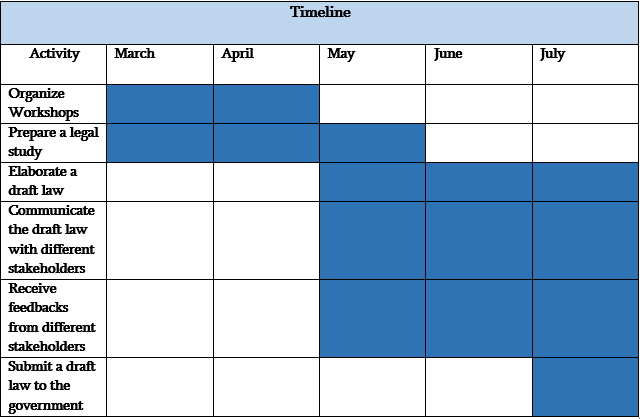
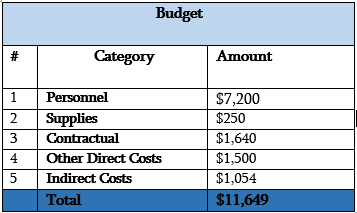
Contract
Grant agreement
|
Goal of the project is to ensure and strengthen safeguards and Internet freedoms on the legislative level in Georgia.
View more →
|
| Supporting the Implementation of Sustainable Development Goals in Georgia |
UNDP – Governance Reform Fund through SIDA |
2016 – 2018 |
$140,700 |

Project Title: Supporting the Implementation of Sustainable Development Goals (SDG) in Georgia
Donor Organization: United Nations Development Program (UNDP) – Governance Reform Fund (GRF) through SIDA – Swedish International Development Agency
Project Number: 00060981
Grant Amount: $140,700
Project Duration: 1 December 2016 – 31 July 2018
Problem Statement
Georgia was one of the first countries that actively endorsed the Sustainable Development Goals and started integrating them in its domestic policy agenda. The Administration of the Government of Georgia (AoG) was identified as the main institutions that would be in charge of coordinating all matters related to the integration, implementation and monitoring of the SDGs on the national level.
In addition, GoG has committed to provide a Voluntary National Review on the Implementation of the Sustainable Development Goals. GoG has presented the first Voluntary National Report in September 2016 at UN High Level Political Forum (HLPF), which highlights the initial approach of the Government to streamline the SDGs into the national development agenda. The current report does not include specific data on individual goals and targets but is rather an overview of the SDG process and general developments in this regard.
Despite the leading regional role that Georgia has in the process of advancing the 2030 Agenda for Sustainable Development, there are certain needs to be addressed in order to move forward with the successful implementation of Sustainable Development Goals and its targets prioritized by Georgia. Currently, AoG does not have a mechanism that would enable it to effectively monitor the implementation of activities that are related to the SDGs at the national level. Moreover, voluntary reporting conducted by GoG is performed by manually gathering the data from responsible public institutions. Currently, an innovative monitoring methodology that would cover all Goals and targets that were prioritized by GoG is yet to be set up.
Another significant challenge is related to public awareness about the SDGs in Georgia. The awareness of stakeholders and the public on Sustainable Development Goals is low, which creates a gap for public ownership, oversight and policy input. The employees of public institutions are not well-informed about the national and international efforts on the implementation of SDGs. Low awareness and insufficient capacity prevents mid-level public servants from providing adequate policy input when it comes to the implementation of the prioritized SDGs and the relevant targets. Furthermore, specific groups such as the youth, private sector and academia are not properly informed about the international and domestic developments that take place around SDGs. It is important to create an enabling environment and would foster public ownership on the Goals and support knowledge-sharing about the efforts made on global, regional and domestic levels.
Additionally, civil society organizations are not sufficiently involved in the national efforts aimed at the implementation of 2030 Sustainable Development Goals. In order to increase the public ownership on the national activities related to SDGs, it is vital to empower specific target groups with sufficient information and skills that will at a later stage translate into tangible input.
Project Objectives
The aim of the sub-project is to support the Administration of the Government of Georgia (AoG) in effective monitoring of the national agenda on the implementation of UN Sustainable Goals (SDGs), based on a pilot system that will initially monitor Georgian performance on Goal 16.
The project intends to use an innovative approach and develop an electronic monitoring system that will enable effective and transparent monitoring of the national agenda of UN Sustainable Goal 16 that can be later adjusted to all SDGs after the successful testing of the initial tool. The electronic monitoring tool will support the distribution of up-to-date information about the performance of public agencies on individual targets and indicators of Goal 16 and subsequently all 169 targets of the SDGs.
The project also aims to increase public awareness about the global agenda on UN SDGs in the Georgian context. The planned target groups of the awareness campaign are central and local public employees, the private sector, youth, civil society and academia. Active involvement of various stakeholders in the implementation of UN Sustainable Development Goals will increase public ownership of SDGs as well as national activities aimed at their implementation.
Project Goals
Main Goals of the project are:
- Create an electronic monitoring and evaluation mechanism that will be utilized by AoG for ensuring effective coordination between government agencies in the process of monitoring and reporting on the national SDG agenda;
- Increase public awareness and facilitate knowledge-sharing on global, regional and national developments on SDGs and their implementation;
- Based on the principles of the Open Government Partnership (OGP), support AoG in institutionalizing and operationalizing the SDG coordination process.
Expected results
- A electronic monitoring system is created for effective monitoring of SDG 16 and subsequently all SDGs;
- A pilot monitoring report for SDG 16 is prepared;
- Awareness of the general public, civil society, public officials, media and youth is increased regarding 2030 UN Sustainable Development Agenda;
- The capacity of the Administration of Government of Georgia is increased on coordination of SDG implementation
Planned Activities
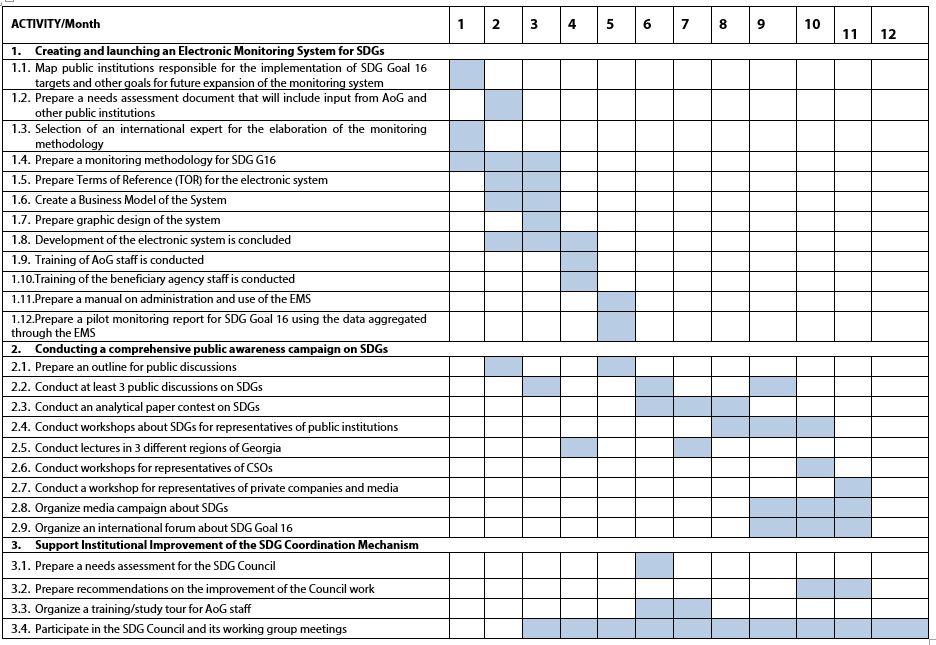
Budget
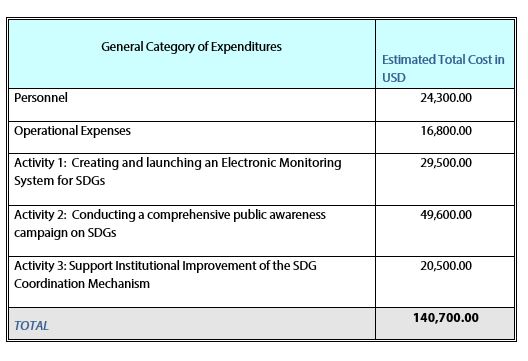
/public/upload/IDFI_Photos_2018/sdg_georgia/sdg_audit_report.pdf
Grant agreement
|
The aim of the sub-project is to support the Administration of the Government of Georgia (AoG) in effective monitoring of the national agenda on the implementation of UN Sustainable Goals (SDGs), based on a pilot system that will initially monitor Georgian performance on Goal 16.
View more →
|
| New E-Governance Initiatives to meet OGP Commitments in Georgia |
Tetra Tech ARD/USAID Good Governance Initiative, Ministry of Foreign Affairs of the Republic of Estonia |
2016 - 2018 |
$72,685 |

Project Title: New E-Governance Initiatives to meet OGP Commitments in Georgia
Donor Organization: Tetra Tech ARD/USAID Good Governance Initiative in Georgia, Ministry of Foreign Affairs of the Republic of Estonia
Grant Amount: $ 72, 685 ($ 65,935 Supported by USAID and $ 6,750 by the Ministry of Foreign Affairs of the Republic of Estonia)
Project Duration: 12 December 2016 – 30 April 2018
Implementing Partner: e-Governance Academy (Estonia)
Problem Statement
Implementing innovative e-governance solutions both on the central and local levels remains a challenge for Georgian public institutions. Nevertheless, there is significant interest and political will among the majority of public agencies to bring innovation into the public administration process in Georgia. Georgian institutions and civil society organizations have been widely relying on the Open Government Partnership (OGP) as a source and driver of innovation, transparency and public participation. Throughout the past several years, CSOs and public institutions have successfully co-created several important projects and initiatives. The OGP 2014-2015 and 2016-2017 National Action Plans are a vivid example of the co-creating and knowledge-sharing between civil society and the public sector.
Currently, there are several challenges that are related to successful engagement of municipalities and public institutions into OGP. In particular, municipalities and public institutions have demonstrated significant gaps with regard to public engagement and using new tools of e-participation and electronic transparency. Bringing municipalities into OGP and open government into the municipalities still remains a challenge. The initial mapping has revealed that municipal public instructions often do not possess necessary skills and technical capacities to successfully interact with the public, in a way that is transparent and efficient. In addition, several central public institutions have also demonstrated the need for assistance when it comes to citizen engagement and e-governance. Existing practice has demonstrated that existing mechanisms of e-participation do not effectively enable the agencies to interact with the public.
Some of the main existing challenges with regard to e-governance are:
- Limited awareness on the prinicples of good, innovative and engaging governance and lack of capacity to follow these principles in practice;
- Insufficient knowledge and expertise to effectively publish and access public information, to engage citizens in policy planning, budgeting etc.;
- Limited Transparency of political and administrative processes, thereby hindering civic engagement in public policy;
- Limited use and awareness of public e-services.
Project Objectives
The aim of the project is to support three pilot municipalities and 2 Ministries in implementing effective electronic tools of engagement and citizen participation. The project will assist the municipalities of Batumi, Akhaltsikhe and Kutaisi in the implementation of innovative citizen engagement solutions and in increasing the capacity of human resources in areas of citizen engagement, participatory budgeting and electronic service delivery. These municipalities are represented with specific commitments in the 2016-2017 OGP National Action plan and the project aims to assist them in different ways.
In addition, the project will assist 2 Ministries in improving 2 existing e-governance tools that are aimed at increasing citizen engagement and improving communication between public agencies and citizen on the delivery of specific services.
Project Goals
Within the framework of the project, IDFI and the e-Governance Academy (eGA), working in close cooperation with representatives from City Halls of Akhaltsikhe, Batumi and Kutaisi as well as from Ministry of Labor, Health and Social Affairs and Ministry of Finance of Georgia will undertake efforts targeted at:
- Setting up a new electronic system for facilitating involvement of citizens in local decision-making processes in Akhaltsikhe, Batumi and Kutaisi. The main aim of the system is to speed up communications with citizens, promote transparency, and allow for improved decision-making and service-delivery.
- Development of Participatory Budgeting Mechanisms (procedures, tools) of the Local Budget for Kutaisi, Batumi and Akhaltsikhe. The main objectives of this activity are effective elaboration of the local budget, increased public awareness and understanding of budgetary processes and improved mechanisms for public engagement in discussions on draft budget;
- Elaboration of a concept note (including international best practice analysis) and terms of reference (TOR) for development of an effective patient’s portal of the Ministry of Labor, Health and Social Affairs;
- Development of a concept note and TOR to improve the participatory budgeting online platform of the Ministry of Finance;
- Creation of new websites for Akhaltsikhe, Batumi and Kutaisi municipalities to improve e-transparency and electronic participation.
Expected results
In order to meet the above-mentioned goal the following main objectives will be achieved through introduction of new e-governance solutions:
- Enhanced transparency, good governance practices and e-communications with the public in Kutaisi, Batumi and Akhaltsikhe;
- Promoted public engagement in the process of policymaking and budgeting in Kutaisi, Batumi and Akhaltsikhe;
- Two central agencies (Ministry of Finance and Ministry of Labor, Health and Social Affairs) will be assisted to use e-governance techniques to increase transparency and citizen engagement while conducting their activities.
Planned Activities

Budget

Grant agreement
|
The aim of the project is to support three pilot municipalities and 2 Ministries in implementing effective electronic tools of engagement and citizen participation.
View more →
|
| Strengthening the System of Parliamentary Democracy in Georgia |
UNDP |
2016-2018 |
$266,195 |

Project Title: Strengthening the System of Parliamentary Democracy in Georgia
Donor Organization: United Nations Development Programme (UNDP) through the European Union funded program on “Strengthening the System of Parliamentary Democracy in Georgia”
Project Number: 00101142
Country: Georgia.
Grant Amount: USD 266,195.00
Period Performance: 1 September, 2016 - December 28, 2018
Problem Statement (Situation Analysis)
UNDP, in the frames of its EU funded Project “Strengthening the System of Parliamentary Democracy in Georgia”, supports the Parliament of Georgia in the involvement process in Open Government Partnership (OGP) through development and implementation of legislative openness action plan commitments. Since only a few parliaments worldwide were involved in the OGP initiative, such a decision was itself an innovative approach. To provide support to the Parliament of Georgia in being involved in OGP initiative, UNDP partnered with the Institute for Development of Freedom of Information (IDFI), the leading Georgian CSO engaged together with the Government in the OGP initiative at national level.
In the framework of the EU/UNDP supported project IDFI started working with the Parliament of Georgia to develop OGP Action Plan in December 2014 and in less than a year, a remarkable progress was achieved. According to the Action Plan, Parliament of Georgia established the Permanent Parliamentary Council on Open and Transparent Governance (thereafter – the Council). Council is a parliamentary permanent body and is responsible for elaboration and implementation of the Action Plan. Currently, 17 commitments from the OGP Action Plan remain to be implemented. The Parliament through its Council will be a responsible body and take ownership for the implementation of the Action Plan and coordination of the overall process. While implementation of the principles of Parliamentary Openness is a direct obligation of the Parliament, the Council, as a newly formed institution, will require external support to successfully accomplish the assigned tasks and responsibilities.
While the Georgian Parliament has succeeded in joining the OGP initiative through adoption of the OPG Action Plan in 2015, the implementation of the commitments undertaken under the Plan call for an intensive engagement of the Parliament in this exercise. Although the Plan is drafted for the period of 2015-2016, yet only a few commitments have been carried out, mostly due to the limited human and financial resources available at the Parliament. On one hand, Parliament requires support in overall monitoring of the process; and, on the other hand, the actual implementation of a selected number of commitments, those requiring additional resources, are needed. Another challenge is the upcoming parliamentary elections, when the newly-elected Parliament will need active support in familiarizing itself with the OGP initiative, forming anew the Parliament’s Permanent Council and following up on the existing commitments, as well as developing the next Action Plan for the period of 2017-2018. Georgia will be co-chairing OGP in 2016-2017 and taking Chairmanship in 2018, the Global Summitt will be held in Georgia. Parliament of Georgia as a key actor in OGP will be an important part of the event and it will need a substantial support both in expertise and organizational issues.
Goals
The programme contributes to UNDPs overall programme aim to establish the Georgian Parliament as a credible institution with a greater role in national policy-making and European integration.
Activities
1. Support the activities of the Permanent Parliamentary Council on Open and Transparent Governance
1.1. Support the Permanent Parliamentary Council on Open and Transparent Governance during the Transition Period
1.2. Increase the capacity of the Secretariat of the Council (Speaker’s Cabinet)
1.3. Supporting the process of drafting the OPG Action Plan (the second one)
1.4. Prepare a study about the issues and new trends of Parliamentary Openness
1.5. Facilitate Public Consultations during the Elaboration Process of the Action Plan
1.6. Promote peer exchange and international partnerships between Parliament of Georgia and other OPG member parliaments
1.7. Presentation of the Interim Results of the Action Plan (The first and the second action plans)
2. Support the Parliament of Georgia in Implementation of the selected commitments of the OPG Action Plan 2015-2016
2.1. Supporting the Council in preparing Speaker’s Orders and advocating for amendments in Rules of Procedures of the Parliament needed for implantation of the taken commitments in OPG Action Plan (2015-2016).
2.2. Introduction of the system of public consultations on draft legislation (Action Plan Commitment 1.1.)
2.3. Introduction of the system of submitting legislative initiatives electronically (Action Plan Commitment 1.2.)
2.4. Development of Open Data standards (Action Plan Commitment 3.1.)
2.5. Develop mobile applications for web services of the Parliament of Georgia (Action Plan Commitment 3.2.)
2.6. Ensuring access to parliamentary information for people with disabilities (Action Plan Commitment 2.1.)
2.7. Elaborate the Concept and the Budget for improving the access for the people with disabilities to the Building of the Parliament of Georgia in Tbilisi
3. Public Awareness Activities
3.1. Raising the Public Awareness about the Parliamentary Openness and the Implemented Commitments of the Action Plan
3.2. Support the Parliament of Georgia to plan, organize and implement the Legislative Openness Week in Georgia
3.3. OGP Global Summit in Georgia
4. Promoting UN 2030 Agenda for Sustainable Development (SDGs).
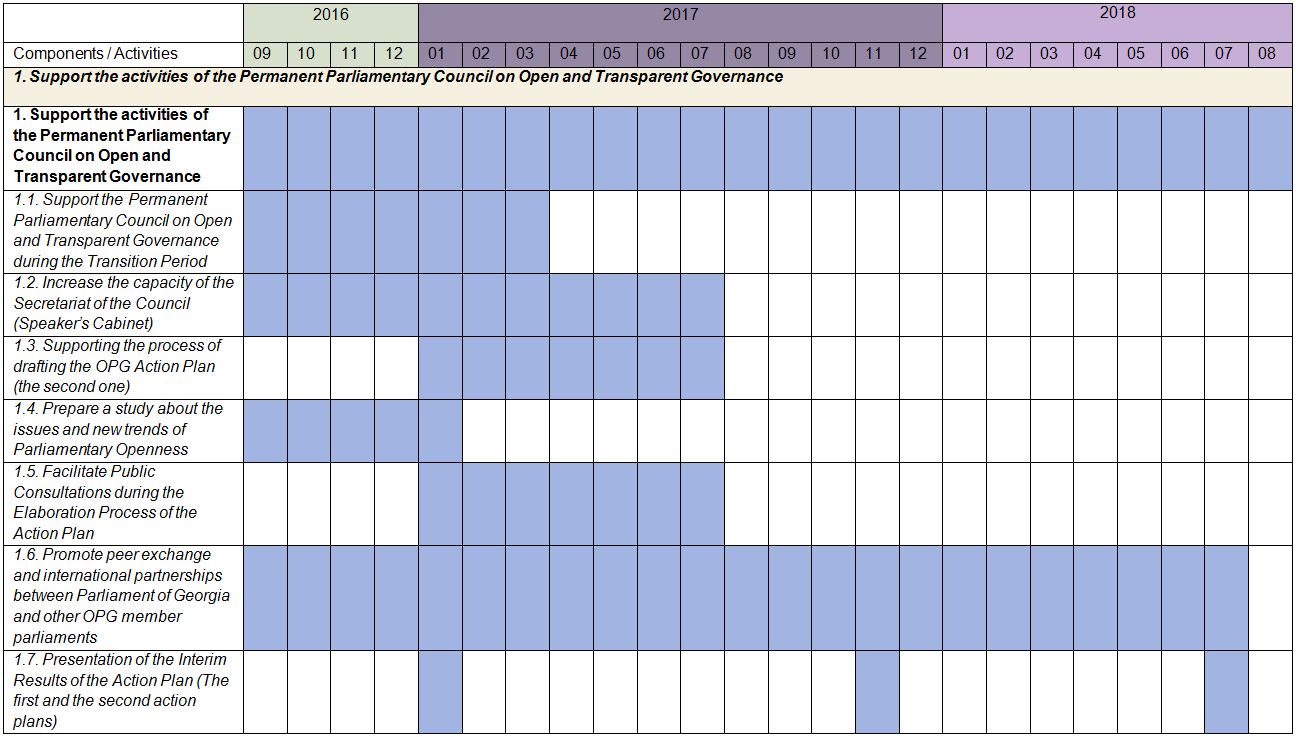
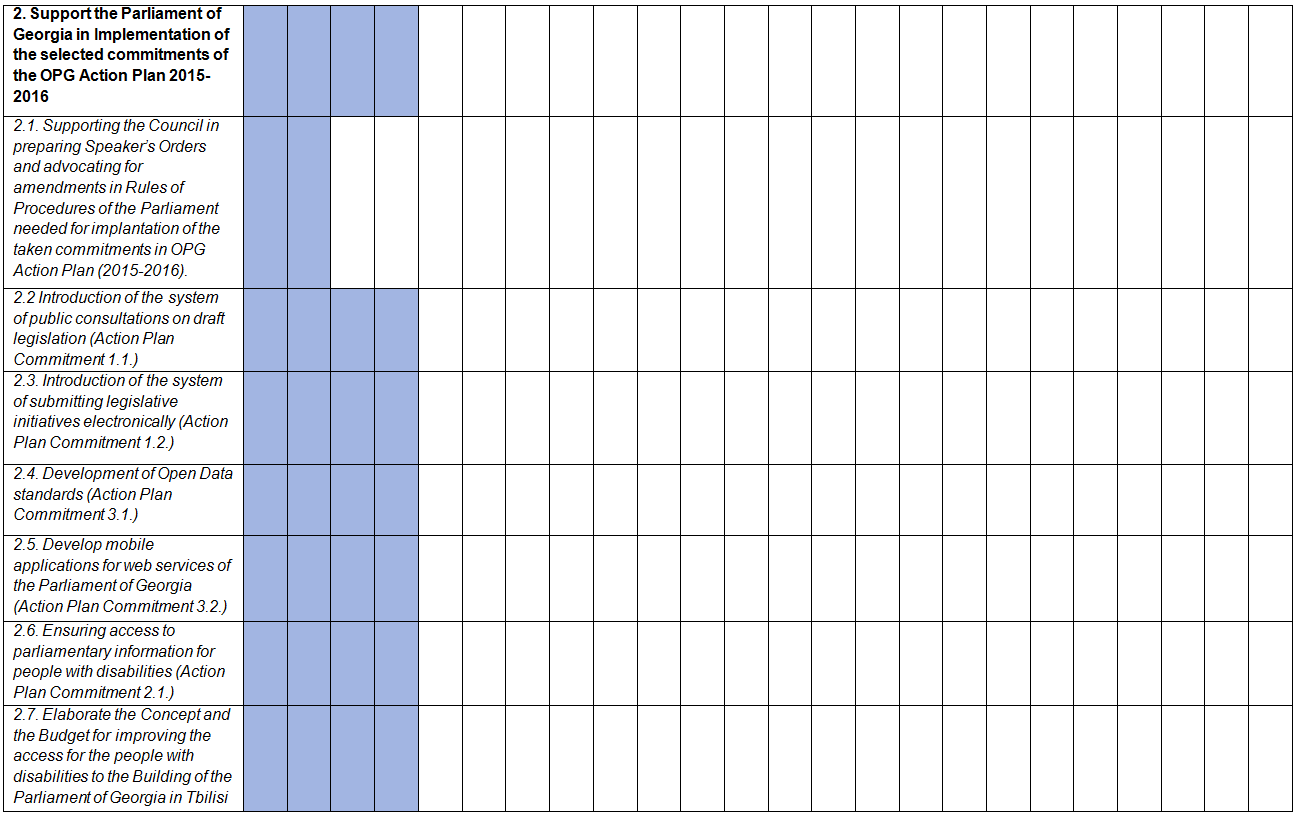

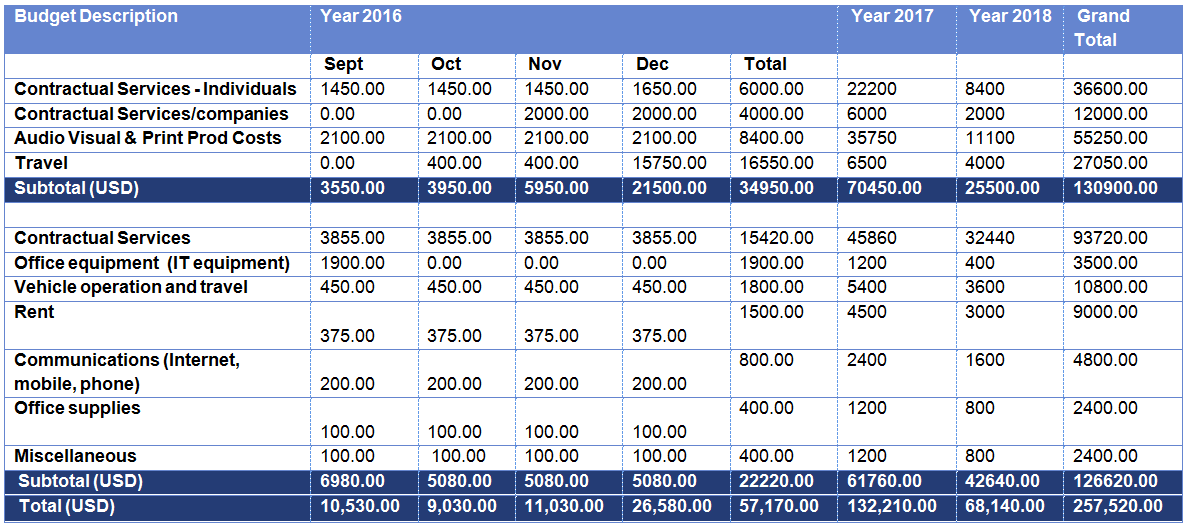
Contract
Grant agreement
|
The programme contributes to UNDPs overall programme aim to establish the Georgian Parliament as a credible institution with a greater role in national policy-making and European integration.
View more →
|
| For Open and Accountable Local Government - National Assessment of Transparency and Public Participation of Georgian Municipalities |
Open Society Georgia Foundation |
2016 – 2018 |
$38,330 |
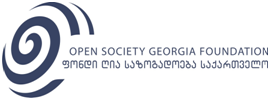 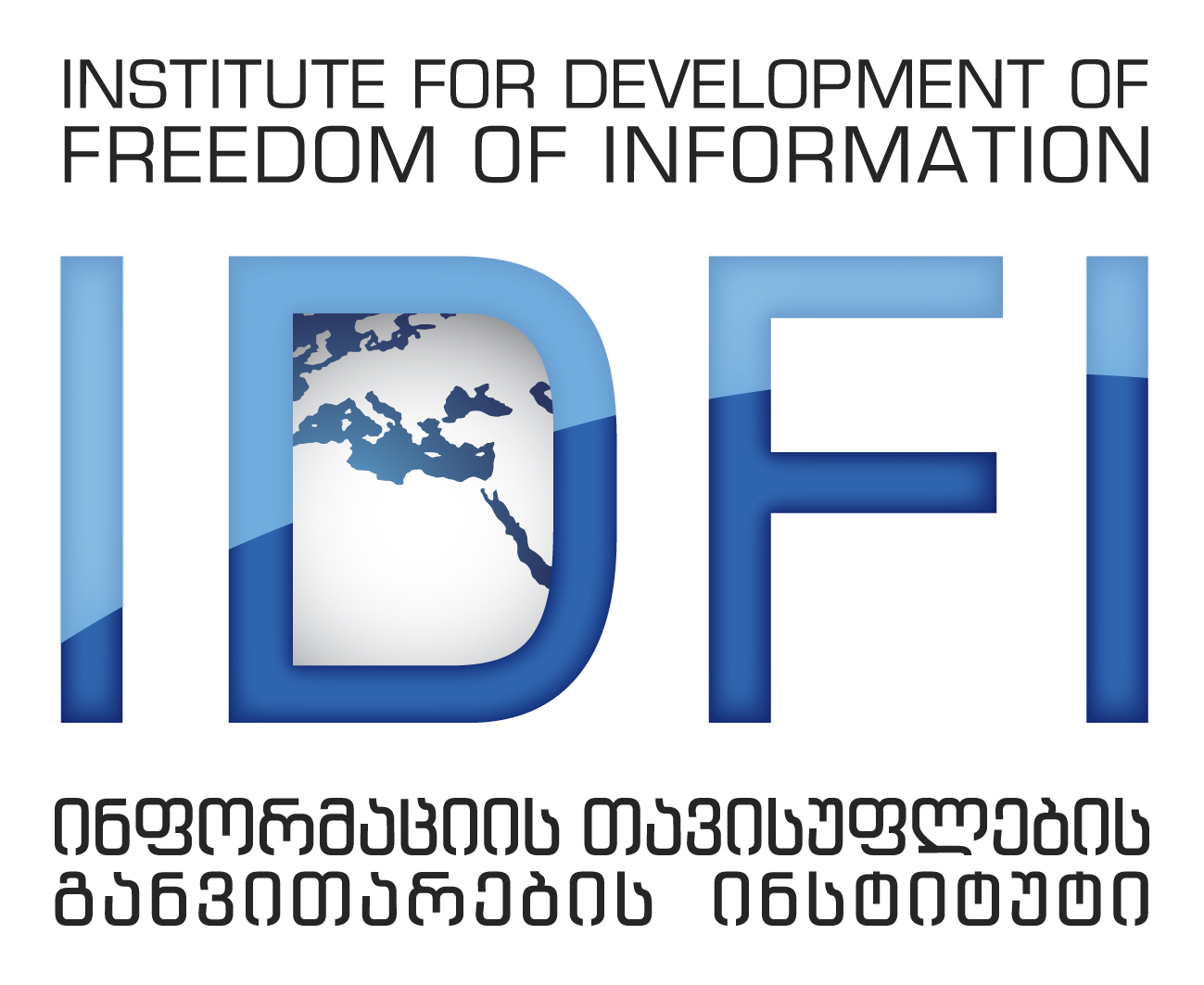 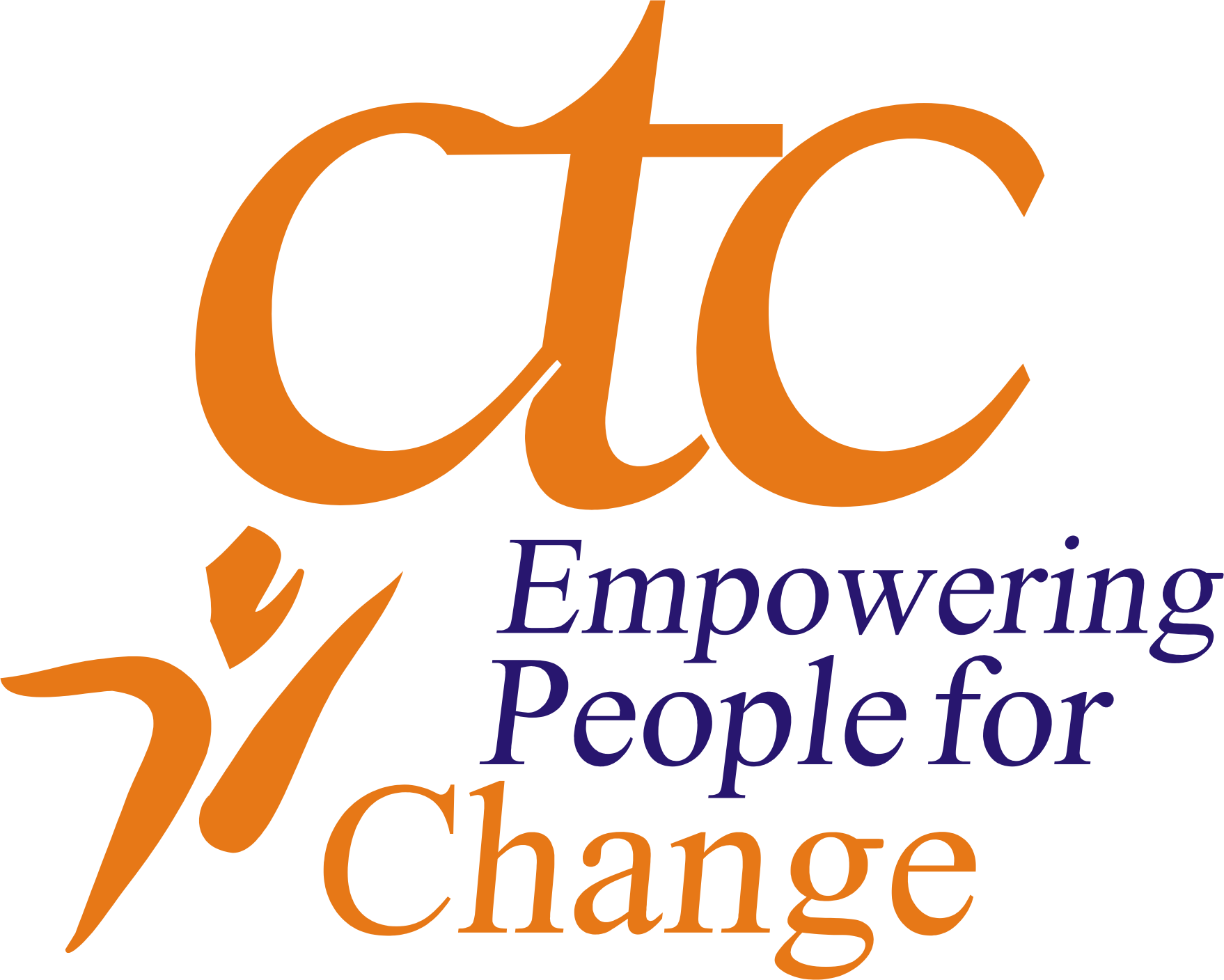
Project Title: For Open and Accountable Local Government - National Assessment of Transparency and Public Participation of Georgian Municipalities
Project Funded: Open Society Georgia Foundation (OSGF)
Project Budget: Total budget USD 99,645 (IDFI budget –USD 38,330)
Project Duration: July 27, 2016 – January 31, 2018
Responsible Organizations: Centre for Training and Consultancy (CTC), Institute for Development of Freedom of Information (IDFI) and Management Systems Development Center (MSDC)
Project Description
1. Problem Statement (Situation Analysis)
A relatively low level of public participation and public awareness is one of the major challenges for local governance in Georgia. According to a 2015 survey conducted by the Caucasus Research Resource Center, only 4% of the population is informed about the activities and services of municipalities. These numbers are not different from the results of earlier studies, suggesting that there are no positive tendencies in this regard. This low level of participation is caused not only by citizen passivity or lack of experience/culture, but also by insufficient efforts and willingness of local government bodies.
In addition, the practice of proactive disclosure of public information by local government bodies does not meet minimal standards. According to the Georgian legislation, all administrative bodies are obligated to publish public information online; however, there are no common standards or policy regulating proactive disclosure of public information by public institutions. This problem is especially relevant for municipalities.
2. Goals
The ultimate goal of the project is to enhance public participation and ease risks of corruption in municipalities by improving practices of transparency and accountability in local government bodies.
To this end, the project aims to consolidate the standards for evaluating the transparency, and mechanisms and practice of public participation in municipalities, based on which a national evaluation platform will be established.
3. Objectives
1. To improve existing evaluation standards of transparency, participation mechanisms and practice of municipalities.
2. To establish an electronic platform enabling assessment of the work of municipalities.
3. To empower and involve local public society representatives in the evaluation of local government bodies based on the new standards of evaluation.
4. To prepare and present a national report on transparency, participation mechanisms and practice of municipalities based on the assessment results.
4. Activities
1. Improvement of existing evaluation standards of transparency, participation mechanisms and practice of municipalities.
2. Establishment of an electronic platform based on the new standards.
3. Selection of local civil society representatives and holding trainings for them.
4. Assessment of all target local government bodies.
5. Preparation and presentation of a national ranking.
6. Elaboration and presentation of a national report.
5. Project Management
The project will be implemented by three organizations: Centre for Training and Consultancy (CTC), Institute for Development of Freedom of Information (IDFI) and Management Systems Development Center (MSDC). Open Society Georgia Foundation (OSGF) will be actively involved in the implementation of the project and will monitor the process.

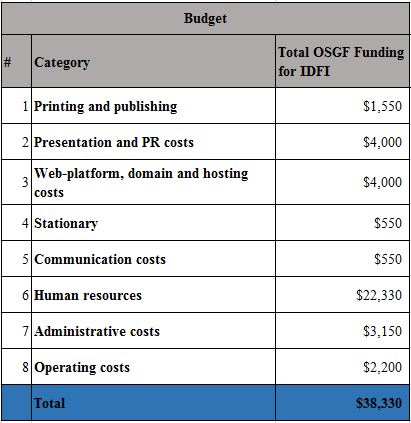
Grant agreement
|
The ultimate goal of the project is to enhance public participation and ease risks of corruption in municipalities by improving practices of transparency and accountability in local government bodies.
View more →
|
| Increasing Access to Judicial Decisions in Georgia |
USAID through EWMI's |
2016 - 2017 |
$37,867.50 |
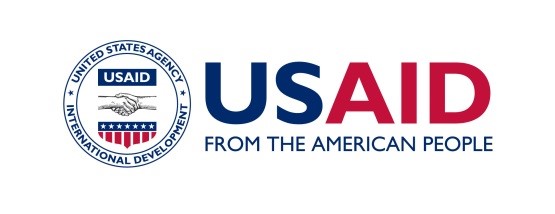 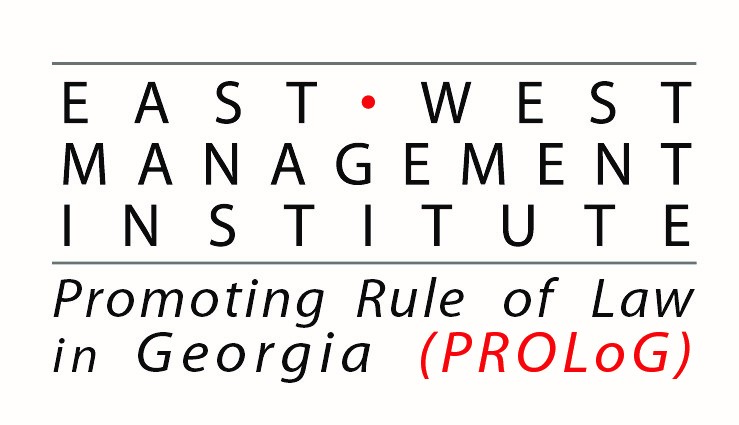
Project Name: Increasing Access to Judicial Decisions in Georgia
Donor Organization: United States Agency for International Development (USAID) through East-West Management Institute (EWMI) under the Promoting Rule of Law in Georgia (PROLoG) Program.
Project Number: G-1296-16-211-3024-20
Grant Amount: 37,867.50 USD
Period of Performance: 1 July 2016 – 31 March 2017
Project Description
Current practice of non-governmental organizations in Georgia reveals existing problems in the area of access to court decisions. The research and prior experience of IDFI has shown that courts refuse to disclose decisions on specific cases on the basis of protecting personal data of the involved parties. Currently, IDFI is litigating against the Tbilisi City Court for refusing to disclose judicial decisions on cases against former high-ranking public officials. This process reveals a lack of balance between public interest and personal data protection. The existing system is unable to correctly balance access to court decisions and protection of personal data. The judiciary acknowledges the existing problem and the need of finding a proper balance between the two above-mentioned interests. A special working group was formed by the Supreme Court of Georgia with the aim to address these issues, in which IDFI took active part. We believe that the first step is to properly assess the problem, followed by research of best international practice, drafting recommendations and advocating for change. It should be noted that within the scope of the second wave of judicial reform, courts will be obligated to publish judicial decisions online. However, at this point the judicial system is not technically prepared to implement this system.
The project proposed by IDFI and its partner organizations (EMC and OSGF) aims to improve the standards and practice of access to court decisions in Georgia. For this purpose, the project team and the partners will assess domestic legislation and practice, study the best practice of access to judicial decisions and standards of their electronic publication, develop recommendations to amend legislation and will ensure the participation of an international expert in the above activities.
Goal
The core purpose of the project is to improve the legal framework and practice of access to court decisions in Georgia, bearing in mind the balance between access to judicial information and protection of personal data. The overall purpose of the project will be achieved through the following objectives:
Activities
• Assess domestic legislation and practice in Georgia and draft a report.
• Research international best practice (legal framework as well as existing web-platforms for proactive disclosure of court decisions) and prepare the final research document.
• Consult with the Judicial Administration Working Group of the Coalition for Independent and Transparency Judiciary about recommendations and finalize the document.
• Advocate for the amendments in primary as well as secondary legislation based on the recommendations prepared within the project.
• Initiate a parallel process of strategic litigation in the Constitutional Court of Georgia.
Information about the East-West Management Institute (EWMI)and Promoting Rule of Law in Georgia (PROLoG) Program: http://ewmi-prolog.org/en/about
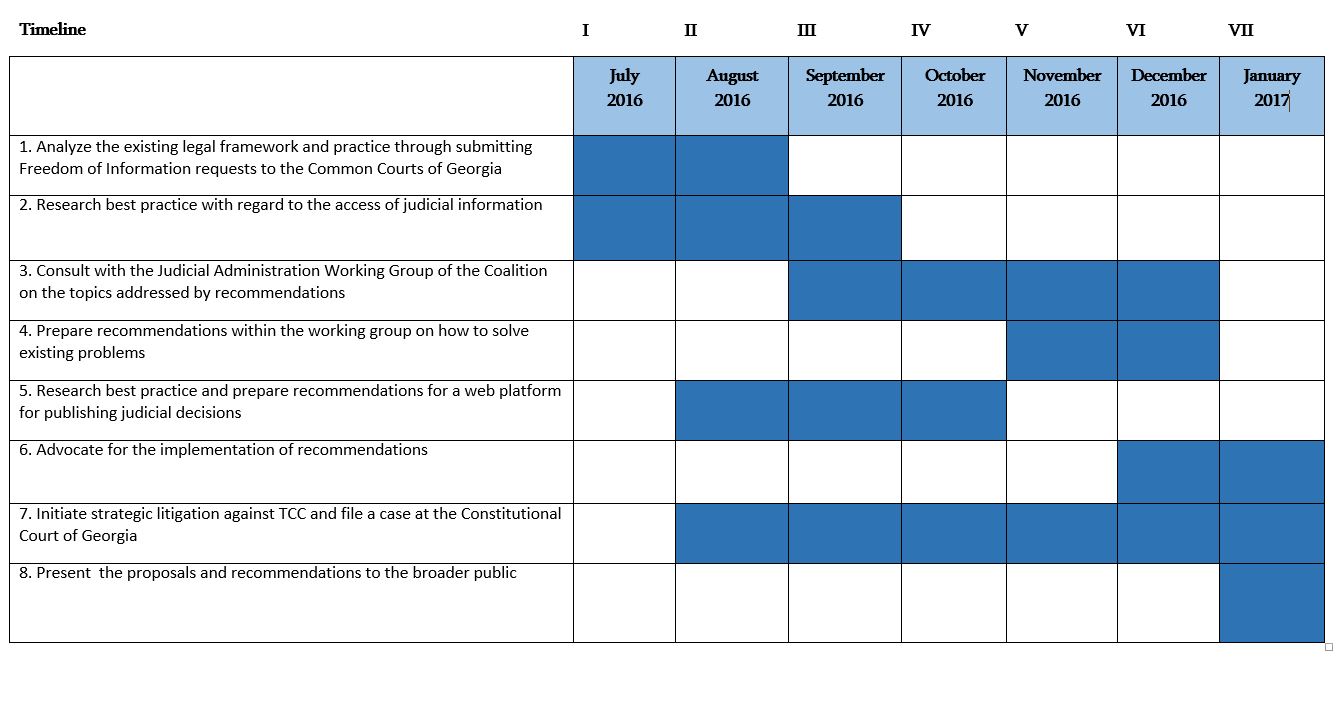
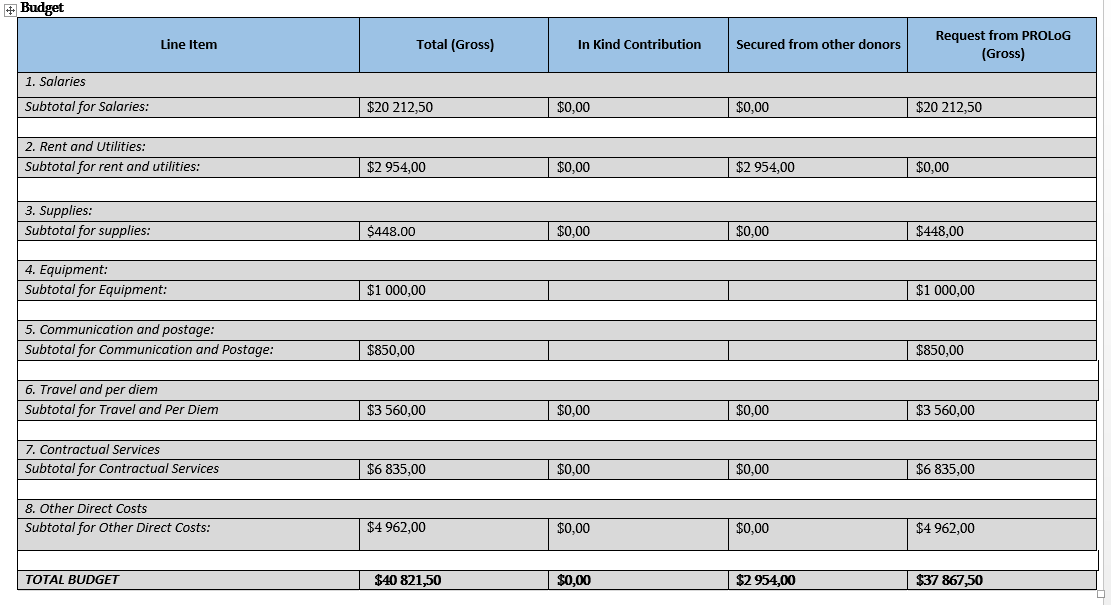
Grant agreement
|
The core purpose of the project is to improve the legal framework and practice of access to court decisions in Georgia, bearing in mind the balance between access to judicial information and protection of personal data.
View more →
|
















